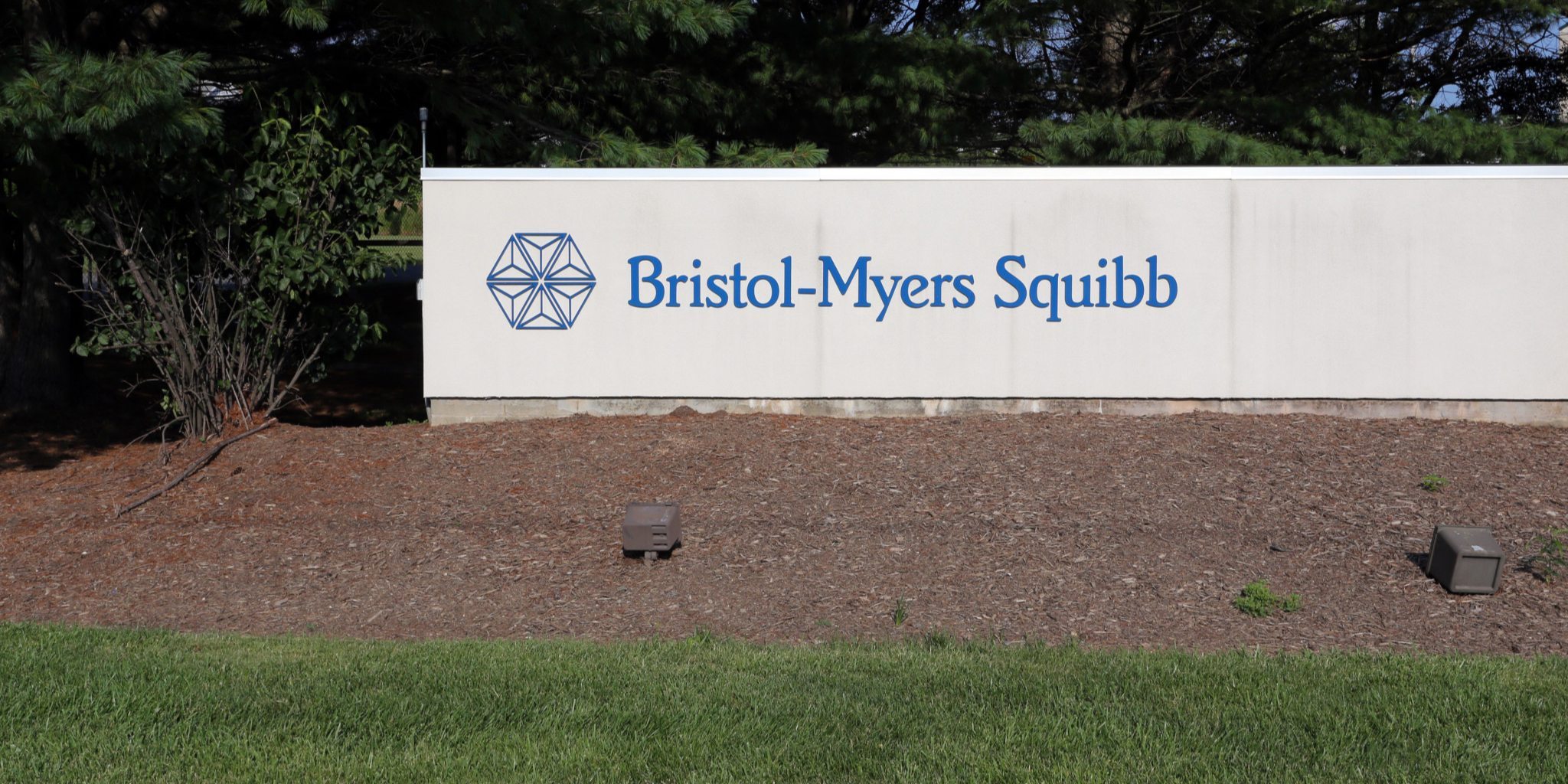
IDO rout: Pivotal trials with Bristol-Myers, Merck and AstraZeneca dumped in wake of Incyte's PhIII implosion
The IDO R&D pipeline is in danger of being exterminated.
In the wake of a pivotal failure of Incyte’s $INCY lead IDO drug epacadostat, Bristol …
Sign up to read this article for free.
Get free access to a limited number of articles, plus choose newsletters to get straight to your inbox.